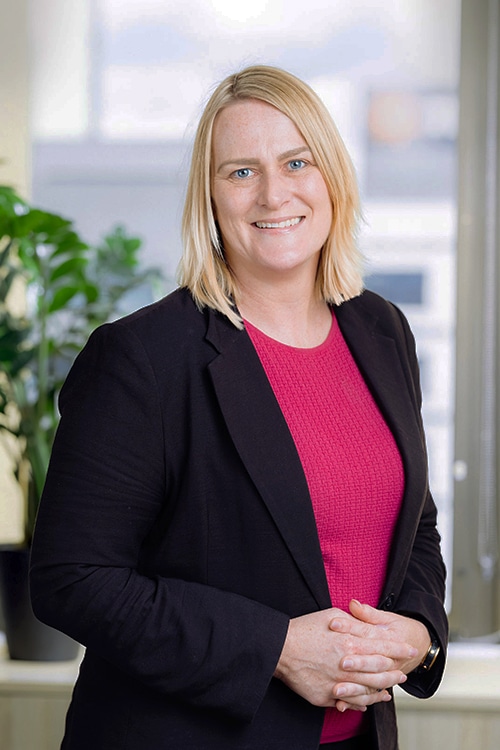When looking to commence private practice – either as a contracting doctor, specialist, buying into a practice or starting a group practice – starting off on the right ‘tax foot’ makes good business sense.
Here are some of our tax tips designed to have you well-prepared for your journey…
Business structure: get it right from the start
Your business structure impacts on tax treatments such as income tax; capital gains tax and stamp duties; legal liability; and costs of, and ability to, add new investors. It can be a very expensive exercise to unwind once set-up or eventually on-sell your practice.
For a practice set-up, a company is good for the 30% (or less) tax rate and defining clear interests. However, it may not be good for capital gains tax.
A discretionary or family trust is good for capital gains tax on sale and flexible distributions. However, it is not always the best option if both individuals are high-income earners.
You don’t necessarily need a company to practice
When starting in private practice, a company can add unnecessary compliance costs, and offers you no additional protection from claims in relation to medical practice issues (i.e. it does not increase your asset protection in such circumstances).
You don’t need a company to be able to employ your spouse. If the circumstances are right, you can still employ them if you’re operating as an individual. All income from the company must be paid out to the doctor by the end of the financial year so, consequently, there is no tax benefit.
A company can also potentially lead to payroll tax for high-income earners.
Get your finance structuring right
Structuring your finance correctly can be the difference between accelerating your tax deductions in the early stages of your business (when it is needed most) and potentially not getting a deduction at all (if the business is sold earlier).
The most common situation is the purchase of equipment and fit-out. We generally recommend that fit-out components are financed under a lease because you get to use the lease payments as a tax deduction, rather than just 2.5% depreciation (over 40 years) and the interest deductions that you would receive under a chattel mortgage.
On the other side, we recommend equipment is purchased using a chattel mortgage, so you have access to the immediate deduction for items under $20,000 (if the practice meets the definition of a small business). You will also be able to obtain up to a 30% depreciation deduction and the interest on the loan.
Spouse and family members can be active participants in the practice
A medical practitioner can employ a spouse or family members in their personal services business, provided the employment is bona-fide and wages are at a reasonable level. A spouse working for the medical practitioner can receive a superannuation contribution up to the maximum age-based limits without attracting tax avoidance provisions.
When starting in private, small steps to set your business and tax structures right from the beginning can make a big difference in your future tax outcomes.
If you would like to know more about the ins & outs of starting a private practice, ask your local William Buck advisor.










